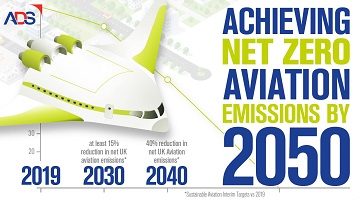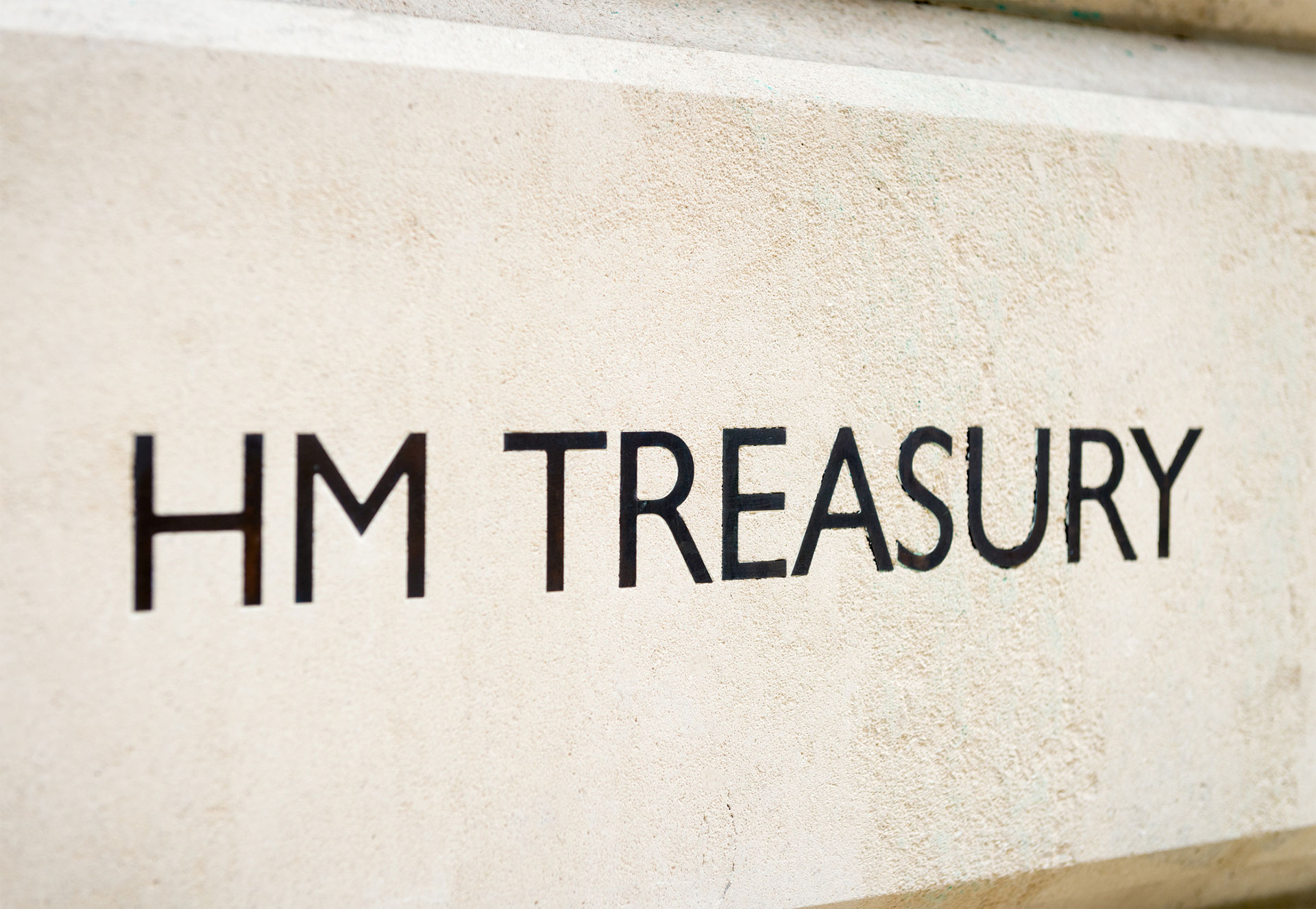
This week the global aerospace and defence industries gathered in Singapore for the Singapore Airshow, with a schedule focussed on recovery from the pandemic and how the industries can continue efforts to decarbonise.
A significant moment came as ADS members Airbus, Rolls-Royce and Safran joined with Singapore Airlines in the Global Sustainable Aviation Fuel Declaration, calling on the global air transport industry to facilitate the growth of production and usage of sustainable aviation fuels (SAF).
SAF will be an important part of the roadmap to decarbonising aviation. Made from low-carbon feedstocks, these drop-in fuels can be used in up to a 50 percent blend in current aircraft, potentially reducing the carbon emissions over conventional jet fuel of up to 70 percent on today’s technology.
The Declaration sets out the need to scale up the production from today’s limited quantities – from 40,000 tonnes in 2019 to 4 million tonnes by 2025, with a further increase of more than 100x to 500 million tonnes by 2050.
In order to hit these ambitious targets, the Declaration sets out what all parts of the aviation value chain will need to do – from aerospace manufacturers to airlines and airports, to fuel suppliers and regulators. For aerospace manufacturers, the Declaration calls for:
- All new aircraft and engines to be eligible for a 100% blend of SAF by 2030
- Exploration of use of SAF with existing aircraft through dedicated fuel formulations and retrofits where required
- Investment in R&D to reduce the fuel burn of existing and evolutionary products
- Research into revolutionary new technologies to replace current aircraft designs, such as hydrogen or electric propulsion, therefore reducing the volumes of SAF needed
- Use of SAF for internal operations
While the amount of SAF required to decarbonise aviation may seem daunting, collaboration between aerospace companies and across the aviation industry will go a long way to driving the pace and scale needed to deliver on the SAF potential. As this Declaration demonstrates, attention is now turning to delivering on the promise and taking the real, tangible steps to make an at-scale global SAF industry a reality.
You can read more about how the industry is decarbonising on the ADS Sustainable Aerospace hub





